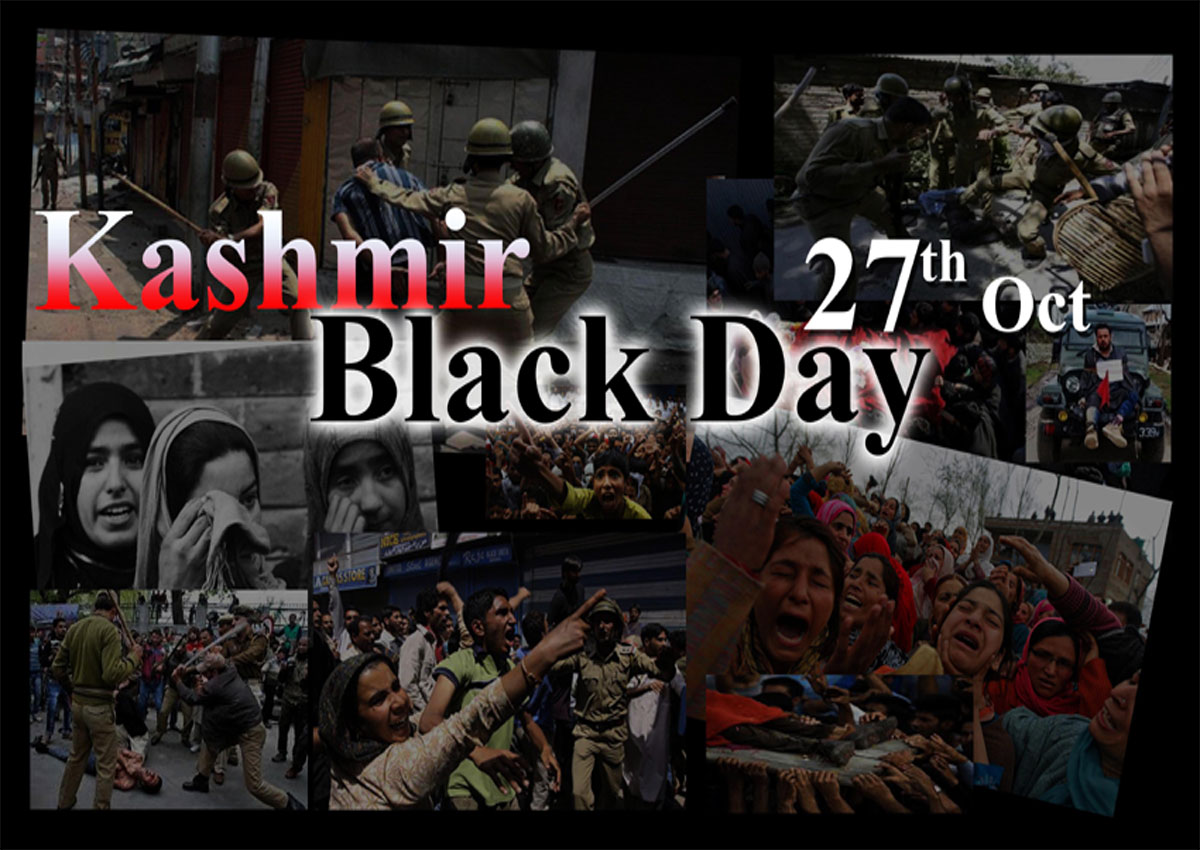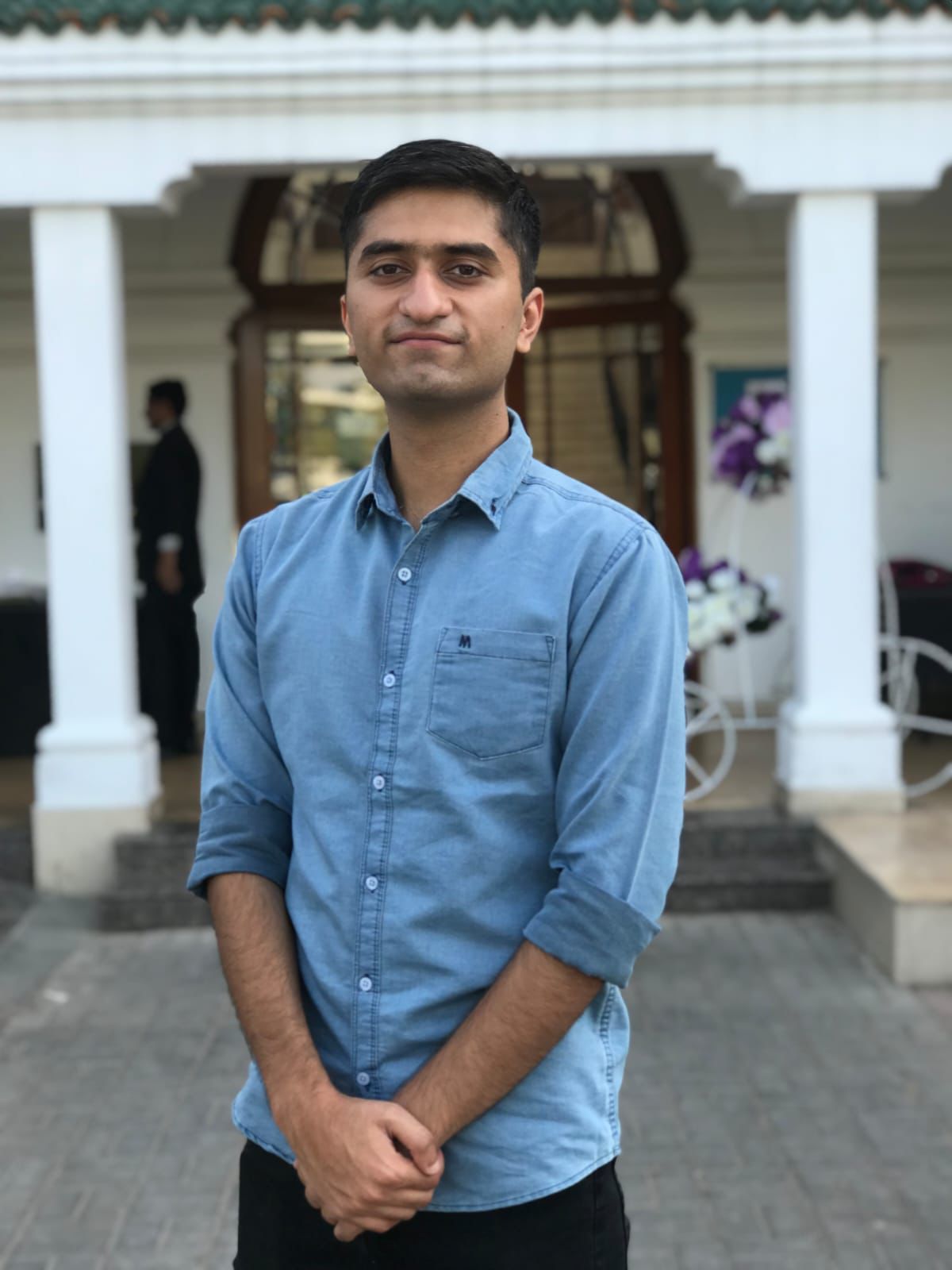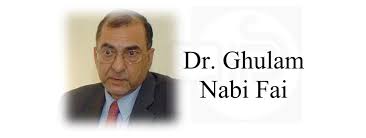
 In the words of Gandhi, “I object to violence because when it appears to do good, the good is only temporary; the evil it does is permanent.” This sentiment resonates profoundly with the tragic events that unfolded on 27th October 1947, a day that marked the beginning of Indian military occupation in Jammu and Kashmir and has since left deep scars on the Kashmiri people. Each year, Kashmiris observe this date as “Black Day,” commemorating the invasion that initiated decades of military presence and political turmoil in the region.
In the words of Gandhi, “I object to violence because when it appears to do good, the good is only temporary; the evil it does is permanent.” This sentiment resonates profoundly with the tragic events that unfolded on 27th October 1947, a day that marked the beginning of Indian military occupation in Jammu and Kashmir and has since left deep scars on the Kashmiri people. Each year, Kashmiris observe this date as “Black Day,” commemorating the invasion that initiated decades of military presence and political turmoil in the region.
The Kashmir dispute stands as one of the oldest unresolved issues on the United Nations agenda. Following the partition of British India in 1947, the princely state of Jammu and Kashmir was left with the critical choice to join either India or Pakistan. On August 13, 1948, the UN Security Council passed Resolution 47, which called for a plebiscite in Jammu and Kashmir to determine the will of the Kashmiri people. Unfortunately, this promise remains unfulfilled even after more than seventy years, as India has consistently stalled efforts to implement the resolution.
The observance of Black Day serves as a poignant reminder of the unfulfilled promise of a plebiscite and the ongoing suffering endured by the people of Indian Illegally Occupied Jammu and Kashmir (IIOJK). Human rights violations have become a hallmark of this occupation, with numerous reports detailing abuses such as arbitrary detention, torture, and extrajudicial killings. The UN High Commissioner for Human Rights and various UN Special Rapporteurs have expressed serious concerns about the deteriorating human rights conditions in the region, particularly highlighted in reports released by the Office of the High Commissioner for Human Rights (OHCHR) in 2018 and 2019.
The extreme levels of violence faced by the Kashmiri population are exemplified by tragic events such as the Gawakadal massacre on January 21, 1990, where Indian forces opened fire on unarmed protesters, resulting in at least 50 civilian deaths. Similarly, the Sopore massacre in 1993 saw over 50 civilians killed and extensive property destruction in retaliation for an alleged militant attack. More recently, the killing of Burhan Wani, a young freedom fighter, in 2016 sparked widespread unrest, during which Indian forces used live ammunition and pellet guns against protestors, leading to numerous casualties and permanent injuries.
The Indian military presence in IIOJK is often enforced through draconian laws like the Armed Forces Special Powers Act (AFSPA), which grants Indian forces sweeping powers with little accountability. The local population experiences widespread arrests, frequent curfews, and communications blackouts as tactics to suppress dissent. Collective punishment, including house demolitions and the destruction of civilian property during search operations, further exacerbates the dire situation.
The ongoing violence and military operations have disrupted daily life in IIOJK, leading to significant psychological trauma among the population. A report from 2009, “Life in Conflict: Characteristics of Depression in Kashmir” by Syed Amin and A.W. Khan, found that the prevalence of depression in the region was 55.72%, with even higher rates among younger populations. The challenges in estimating the current prevalence of mental health issues are compounded by limited access to mental health services and the pervasive fear experienced by the Kashmiri people.
As Kashmir’s Black Day is observed annually, it serves as a stark reminder of the unresolved dispute and the Kashmiri people’s right to self-determination, as endorsed by the United Nations. While international human rights bodies have raised concerns, a tangible resolution remains elusive. For meaningful progress, renewed international pressure on India to honor its commitments under UN resolutions and engage in dialogue with all stakeholders, including the Kashmiri people, is essential to address the longstanding conflict and ongoing human rights abuses in IIOJK.
The writer is a student of Peace and Conflict Studies at National Defense University, Islamabad, and is currently serving as an intern at the Kashmir Institute of International Relations.








